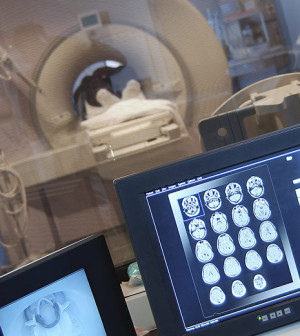- Could Your Grocery Store Meat Be Causing Recurring UTIs?
- Are You Making This Expensive Thermostat Error This Winter?
- Recognizing the Signs of Hypothyroidism
- 10 Strategies to Overcome Insomnia
- Could Artificial Sweeteners Be Aging the Brain Faster?
- Techniques for Soothing Your Nervous System
- Does the Water in Your House Smell Funny? Here’s Why
- Can a Daily Dose of Apple Cider Vinegar Actually Aid Weight Loss?
- 6 Health Beverages That Can Actually Spike Your Blood Sugar
- Treatment Options for Social Anxiety Disorder
Health Highlights: Nov. 9, 2016

Here are some of the latest health and medical news developments, compiled by the editors of HealthDay:
Recreational Marijuana Use Approved in California, Massachusetts and Nevada
Recreational use of marijuana was approved Tuesday by voters in California, Massachusetts and Nevada, while Arizona voters rejected it, and the results in Maine are too close to call.
In other ballot proposals, voters in Florida, North Dakota and Arkansas approved medical marijuana measures, CBS News/Associated Press reported.
In general, the rules for recreational marijuana use would be similar to those for alcohol. The drug’s use would be limited to people 21 or older and banned in most public spaces. Marijuana would be strictly regulated and heavily taxed, and some states would let people grow their own.
Opponents argue that legalization of recreational marijuana use endangers youngsters and creates another major industry that, like big tobacco, would promote an unhealthy drug, CBS/AP reported.
The victory in California — the nation’s most populous state — could trigger similar moves in other states and put pressure on the federal government to change its classification of marijuana as a dangerously addictive drug with no medical benefits.
Massachusetts became the first state in the eastern U.S. to legalize recreational marijuana use. That state’s proposal includes a 3.75 percent surcharge on retail sales of marijuana in addition to the state’s regular 6.25 percent sales tax, CBS/AP reported.
Local governments could also add up a 2 percent tax, which means a potential combined maximum tax of 12 percent on marijuana products.
In Nevada, there would be a 15 percent excise tax on marijuana sales and that revenue would used for education. Supporters say it could generate $20 million a year in revenues for schools, CBS/AP reported.
Copyright © 2026 HealthDay. All rights reserved.










